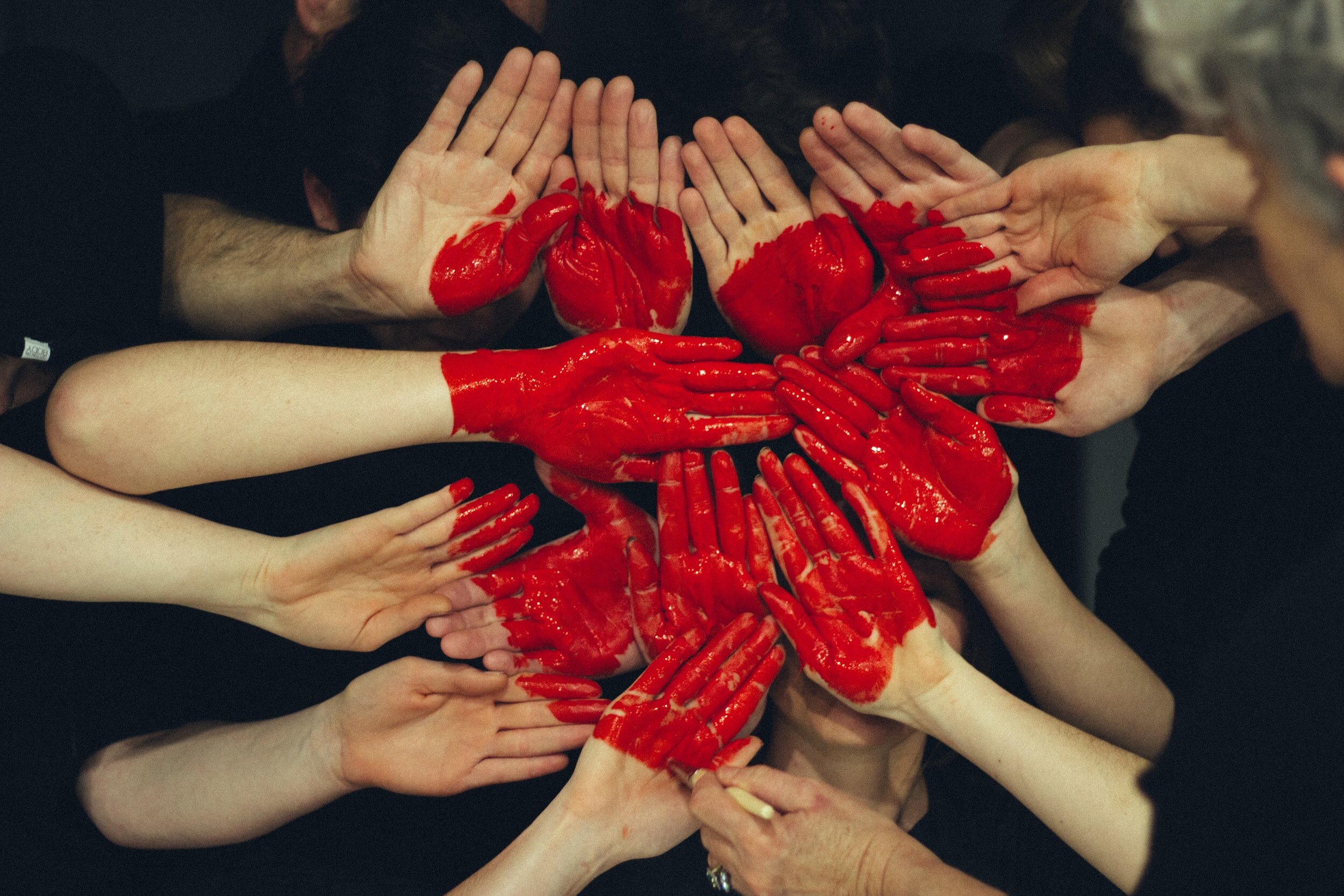By Molly Kitz MA, LMHCA
Practicing Self-Care as a First Responder During COVID-19
Over the last 18 months, first responders have experienced a variety of environmental stressors beyond the already stressful nature of your job. Public distrust, civil unrest, increased natural disasters, political strife, and staffing concerns are just a small list of the stressors plaguing you as a first responder. And then you add COVID-19 to the mix and the level of emotional stress and uncertainty drastically increases. The job of a first responder typically involves uncertain situations - there are certain facts that you must take into consideration when responding to calls but there is also an element of uncertainty that comes with each call. COVID-19 is one of those situations where you can’t articulate the threat, leaving lots of uncertainty and emotional exhaustion.
Much like other helping professionals, first responders experience excessive stress both on and off the job. Throughout the pandemic, you as first responders have worked in challenging conditions to ensure safety in the community. However, the job of a first responder is not one that stops as soon as the shift ends. In the world of COVID-19, you have to be concerned about the health and safety of not only your own family but also the citizenry that you come in contact with on a day-to-day basis. It can feel like there is no escaping the COVID-19 pandemic, as the high stress of being a first responder has begun permeating every facet of your lives.
Now more than ever, it is imperative that you prioritize your own self-care and well-being to help alleviate stress and trauma related to your position. By prioritizing self-care, you can avoid falling into negative, maladaptive behavior patterns, which can ultimately help avoid burnout.
Ways to Practice Self-Care
Remain connected with those around you. Utilize your social support systems and maintain strong relationships, even in a time when social distancing remains important. Focus on your team dynamic as your team is your family while on and off the job
Practice good sleep hygiene. Get yourself into a bedtime routine, which might include setting sleep and wake times, limiting screen time, and creating an environment that promotes restful sleep
Maintaining an exercise routine remains important when it comes to feeling your best. Find an exercise routine that works for you and meets your needs; this looks different for everyone!
Practice relaxation techniques. Box breathing is something simple yet powerful technique you can do to help with relaxation:
Close your eyes and begin inhaling for 4 seconds, breathing in through your nose
Hold your breath for 4 seconds, trying to emphasize relaxing your jaw
Exhale slowly for 4 seconds
Repeat until your feel relaxed, ideally 1 to 3 times
Seek professional help. Knowing when to reach out to a mental health professional to discuss your symptoms is an important part of practicing self-care. At Thrive Counseling Kirkland we have therapists who know and understand your world and what you face both on and off the job. There also an abundance of mental health and crisis resources available to First Responders including Code 4 Northwest.
Self-Care Toolkit is a great source to utilize for practicing further self-care methods that are especially helpful for first responders
Knowing when to reach out is an important part of self care and trauma resiliency
Whether you are EMS, fire, or LE, environmental stressors can impact you at any given time. Working as a first responder during a pandemic adds an additional layer of stress, uncertainty, and exhaustion. Although you are used to putting the needs of the community that you serve first, practicing self-care in the midst of the current climate is important to maintaining your mental health, your resiliency, and your passion for your job.
If you would like support, we are available, reach out today. We thank you and support you as you serve tirelessly and endlessly for our community.







